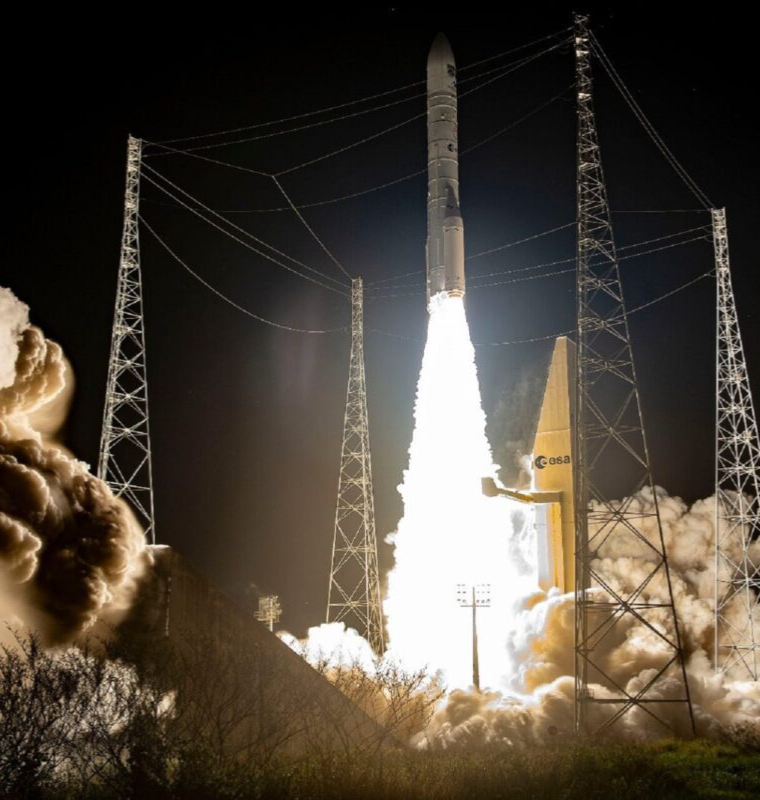Boeing Appoints Mandarin-Speaking Former White House Advisor to Lead China Operations
Boeing Appoints Mandarin-Speaking Former White House Advisor to Lead China Operations
By
Calder Monroe
Last updated:
October 24, 2025
First Published:
October 24, 2025
.webp)
Photo: Bloomberg.com
Boeing has named Landon Loomis, a fluent Mandarin speaker and former White House advisor, as its new President of Boeing China, underscoring the aerospace giant’s determination to strengthen its foothold in the world’s second-largest aviation market. The move comes as the company faces an increasingly complex geopolitical and commercial environment shaped by U.S.-China trade tensions, export restrictions, and intensifying rivalry with Airbus.
A Strategic Appointment Amid Rising Tensions
Loomis’s appointment, effective immediately, succeeds Alvin Liu, who assumed the role in August 2023. He will oversee Boeing’s daily operations, strategy, and senior government relations from Beijing while continuing to serve as the company’s Vice President of Global Policy.
Before joining Boeing in 2019, Loomis spent five years as Trade Attaché at the U.S. Embassy in Beijing, where he managed the aviation portfolio and led programs aimed at improving U.S.-China trade relations. He also served as a Special Advisor to former Vice President Mike Pence for over two years, offering him deep insight into U.S. foreign policy and international trade dynamics.
“There is no one better qualified to lead Boeing China,” said Brendan Nelson, President of Boeing Global. “Landon’s understanding of both the Chinese market and international policy will be instrumental in strengthening Boeing’s partnership and presence in China.”
Prior to this role, Loomis served as President of Boeing Latin America and the Caribbean and CEO of Boeing Brazil, where he successfully expanded Boeing’s regional influence and strengthened ties with local regulators and airlines.
Boeing’s China Challenge
Boeing’s relationship with China—its second-largest market after the U.S.—has become a key focal point in the broader geopolitical chess game between Washington and Beijing. The company’s future sales and deliveries in China have been disrupted repeatedly by political and trade friction.
In April, Beijing ordered its airlines to halt acceptance of new Boeing jets, returning several aircraft previously designated for Chinese carriers. The move was widely seen as a response to Washington’s tightening export restrictions on key technologies. Although Beijing quietly reversed course a month later, deliveries have yet to fully recover to pre-pandemic levels.
The company still has around 20 undelivered 737-8 aircraft in inventory meant for Chinese airlines. Boeing stated in June that while deliveries have resumed, ongoing trade disputes and tariffs remain “major risks to growth.”
Earlier this month, former U.S. President Donald Trump hinted at potential new export restrictions targeting Boeing airplane parts in retaliation for China’s limits on rare earth exports. “China needs Boeing planes and parts,” Trump said, suggesting aerospace exports could become a future bargaining tool in the ongoing trade confrontation.
A Market of Opportunity and Risk
China remains one of the most lucrative aviation markets in the world, projected by Boeing’s 2024 Commercial Market Outlook to require 8,560 new airplanes valued at $1.5 trillion over the next 20 years. Yet the company’s share of that market has dwindled since 2019, as political headwinds and safety concerns following the 737 MAX grounding pushed Chinese carriers toward Airbus.
In August, Bloomberg reported that Boeing was working to finalize a landmark deal to sell up to 500 jets to Chinese airlines—a potential turning point for the manufacturer after years of declining orders.
Meanwhile, Airbus continues to expand aggressively in the region. The European planemaker announced the opening of a second assembly line in Tianjin this week, doubling its production capacity in China and signaling a growing dominance in a market once dominated by Boeing.
Loomis’s Mission: Rebuild Trust and Market Share
For Loomis, the challenge ahead is twofold: rebuild Boeing’s reputation in China and restore the company’s competitive edge in a market where politics often outweigh business. His experience living and working in Beijing, coupled with a deep understanding of U.S. foreign policy, makes him uniquely positioned to navigate the delicate balance between diplomacy and commerce.
Boeing executives have emphasized that re-establishing strong ties with Chinese regulators and carriers is essential to reviving deliveries and maintaining a sustainable long-term presence. Loomis’s role will be pivotal in rebuilding confidence after years of tension, delayed certifications, and halted orders.
“Landon Loomis’s appointment sends a clear message,” said a Boeing insider familiar with the company’s China strategy. “Boeing is serious about re-engaging with China—not just as a customer base, but as a partner in global aviation.”
The Bottom Line
Boeing’s decision to appoint a seasoned diplomat and fluent Mandarin speaker reflects its recognition that success in China is as much about political diplomacy as it is about engineering excellence. As trade tensions continue and Airbus expands its footprint, Loomis’s leadership will be critical to steering Boeing through one of the most challenging yet potentially rewarding markets in the world.
Whether Boeing can regain its lost momentum in China will depend on its ability to navigate political sensitivities, reassure regulators, and deliver aircraft that meet the country’s growing demand for safe, efficient, and sustainable air travel.
Popular articles
Subscribe to unlock premium content
Why Mauritius Is Leading the World in Luxury Underwater Hotel Experiences

The Evolution of Mercedes-Benz From Karl Benz’s First Motorcar to Today’s Luxury and Electric Innovations

The Secret Coffee Economy of Yirgacheffe, Ethiopia, and Its Global Influence

Why Mauritius Is Leading the World in Luxury Underwater Hotel Experiences

The Evolution of Mercedes-Benz From Karl Benz’s First Motorcar to Today’s Luxury and Electric Innovations

Why Mauritius Is Leading the World in Luxury Underwater Hotel Experiences









